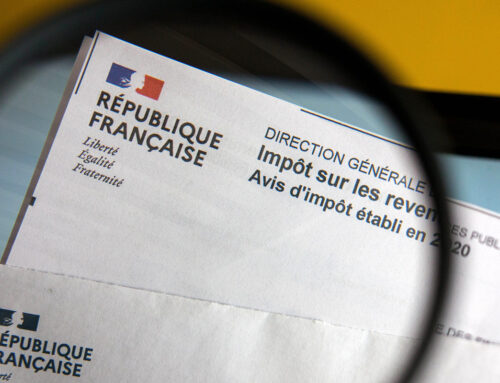Setting up a subsidiary in France by an international company entails significant tax obligations, especially regarding transfer pricing. These practices directly influence the allocation of profits between countries and, consequently, the tax burden in each jurisdiction. To prevent artificial profit shifting and ensure that each country collects its fair share of tax, tax authorities impose strict rules. This article explains why it is essential for subsidiaries of an international group to structure their transfer pricing transparently and in compliance, and how Hexagone Advisory can help you manage these obligations.
Why Transfer Pricing Is Crucial for International Subsidiaries
Transfer pricing refers to the prices applied to transactions between different entities within the same group, such as subsidiaries and their parent company. They influence the allocation of profits across borders, which impacts the amount of taxes paid in each country. The goal of tax authorities is to prevent multinational groups from artificially shifting profits to low-tax jurisdictions by adjusting transfer prices.
For subsidiaries in France, authorities require that transfer prices comply with the arm’s length principle: internal prices must correspond to those applied between independent companies. In practice, this means that a subsidiary must demonstrate that its internal transactions are justified by market prices to avoid tax adjustments.
Documentation Requirements: Justifying Profit Allocation
To be compliant, each French subsidiary must produce comprehensive documentation justifying its transfer pricing policy, which is essential in case of a tax audit. These documents must demonstrate that the profits allocated to France are consistent with the functions performed and risks assumed by the subsidiary, compared to other group entities. The documentation generally includes:
- The Master File: Presents the group structure, its global activities, and its overall transfer pricing policies.
- The Local File: Specifically concerns the French subsidiary, describing its internal transactions and the transfer pricing method used.
- Country-by-Country Report: Required for large groups, detailing profits, workforce, and taxes paid in each country.
These documents are essential to demonstrate that the profits allocated to each country, and thus the taxes paid, comply with international rules.
How Can Hexagone Advisory Help?
Hexagone Advisory supports subsidiaries in the management of their transfer pricing and in implementing compliant methods, aligning your practices with local requirements. Our team helps you:
- Structure your transfer pricing policy: We analyze your transactions to ensure your internal prices align with market standards.
- Draft the documentation: We prepare the Master and Local Files, ensuring they clearly justify profit allocation.
- Optimize tax allocation: Based on strategic analysis, we help minimize the risks of double taxation while maximizing compliance.
By entrusting Hexagone Advisory with this mission, you ensure your subsidiary’s strong compliance with French and international tax rules, maintaining transparent and optimized tax allocation.






